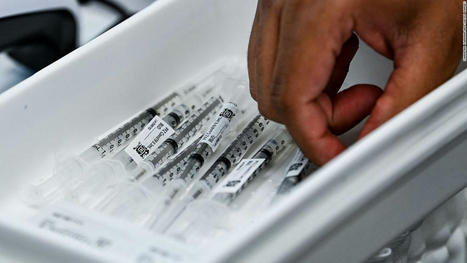Moderna Inc said on Sunday it has been told that the U.S. Food and Drug Administration will require additional time to complete its assessment of the company's COVID-19 vaccine for use in adolescents aged 12 to 17 years. The FDA informed Moderna that the review may not be completed before January 2022, the company said in a statement, dealing a potential setback to the timing of an emergency use authorization (EUA) for that age group. Moderna Chief Executive Stephane Bancel told Reuters last week that based on conversations with the agency, he believed the vaccine would be authorized for those 12 to 17 in the next few weeks. The U.S. biotech company said it was told late on Friday that the FDA needed the additional time to evaluate recent international analyses of the risk of a type of heart inflammation called myocarditis after vaccination, a rare side effect that has primarily affected young males.
Moderna said it is conducting its own review of new external analyses on the increased myocarditis risk in those less than 18 years of age as they become available. Moderna applied for U.S. authorization of its shot for those aged 12 to 17 in June. Americans of those ages are eligible for the similar COVID-19 vaccine from Pfizer Inc (PFE.N) and partner BioNTech SE after it was cleared by the FDA and Centers for Disease Control and Prevention in May. Moderna also said it will delay filing its request for an EUA for a half strength 50-microgram dose of the vaccine for children ages 6 to 11 while the FDA completes its review of the 12-17 filing.
Reporting by Sneha Bhowmik in Bengaluru; Editing by Bill Berkrot



 Your new post is loading...
Your new post is loading...










